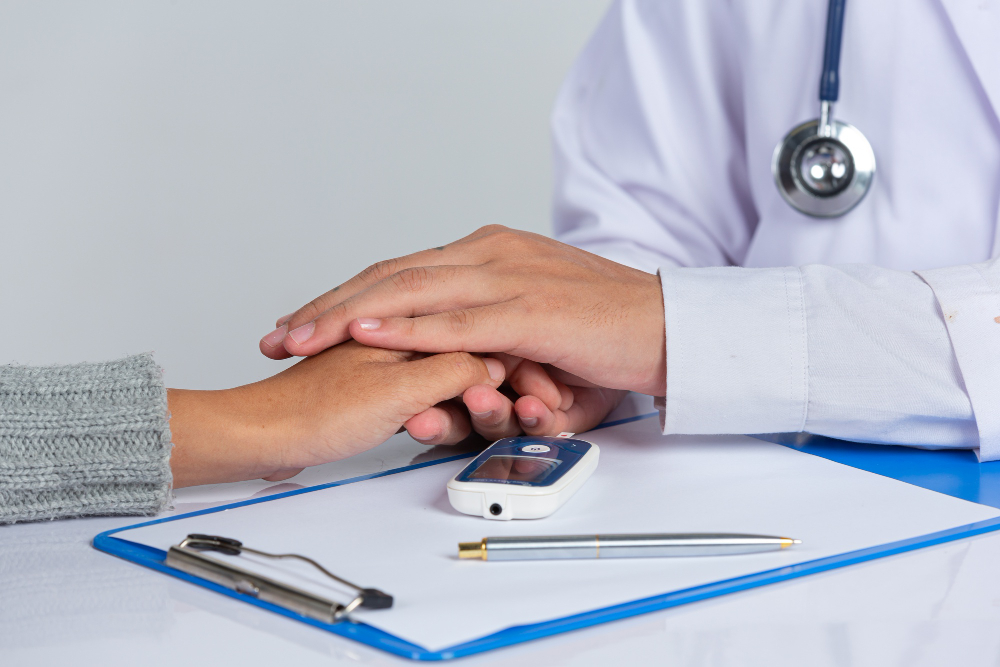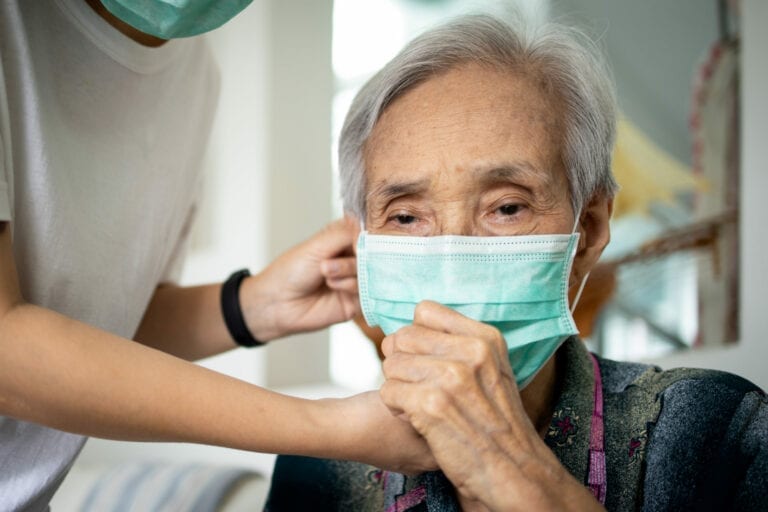Table of Contents
- Why Diabetic Wounds Heal Slowly
- Understanding the Causes
- How to Speed Up the Healing Process
- Improving Circulation
- Effective Strategies from From The Heart Home Care
- Conclusion
Living with diabetes presents various challenges, including the risk of slow-healing wounds. In this guide, we delve into the complexities of diabetic wound healing and offer insights into effective strategies to expedite the process.
Why Diabetic Wounds Heal Slowly
Diabetic wounds often undergo a prolonged healing process due to several interrelated factors. These include impaired circulation, neuropathy, and compromised immune function, all of which contribute to delayed wound healing.
Impaired Circulation
Poor blood flow to the affected area diminishes the delivery of essential nutrients and oxygen necessary for healing, prolonging the recovery process.
Neuropathy
Nerve damage associated with diabetes reduces sensation in the extremities, making individuals less likely to notice injuries and seek prompt treatment, leading to further complications.
Compromised Immune Function
High blood sugar levels impair the body’s ability to combat infections, increasing the risk of wound complications and hindering the healing process.
Learn More: 5 Tips for Cancer Caregivers You Should Know
Understanding the Causes
A comprehensive understanding of the underlying causes of slow wound healing is essential for devising targeted treatment plans and achieving optimal outcomes.
How to Speed Up the Healing Process
Effective management of diabetic wounds involves addressing each contributing factor through a multidisciplinary approach.
Improving Circulation
Regular physical activity, proper wound care techniques, and maintaining optimal blood sugar levels can help enhance circulation and promote healing.
Managing Neuropathy
Implementing strategies to protect the feet, such as wearing proper footwear and conducting daily foot inspections, can prevent injuries and reduce the risk of complications.
Enhancing Immune Function
Maintaining good glycemic control, practicing proper hygiene, and promptly treating any signs of infection are essential for supporting the body’s immune response and facilitating wound healing.
Learn More: When Do You Become a “Senior Citizen”?
Effective Strategies from From The Heart Home Care
At From The Heart Home Care, we specialize in providing personalized care and support to individuals with diabetic wounds. Our team offers expert guidance, advanced wound care techniques, and compassionate assistance to optimize healing outcomes.
Conclusion
By understanding the complexities of diabetic wound healing and implementing targeted interventions, individuals can take proactive steps to expedite the healing process and minimize the risk of complications. With the right approach and support, diabetic wound healing can be accelerated, improving overall quality of life.







